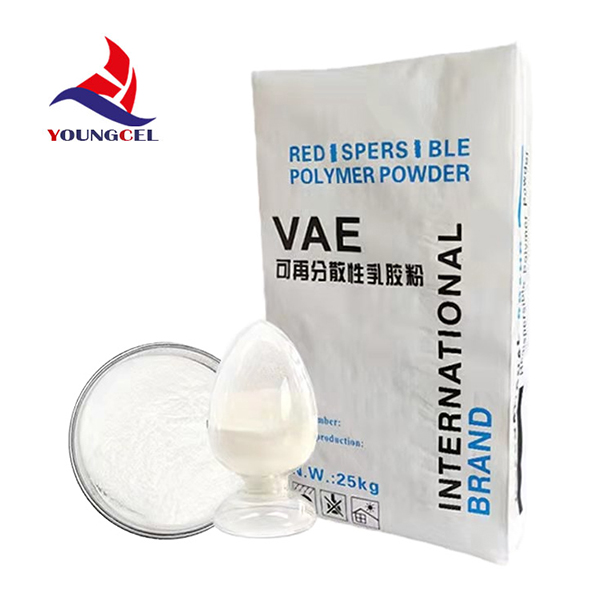The Significance of Additive Powder in Modern Industries
In recent years, the utilization of additive powders has gained substantial momentum in various industries, thanks to their ability to enhance the properties of materials and improve production processes. These powders consist of a wide range of substances, often used to modify the physical and chemical characteristics of the final products. From food and pharmaceuticals to construction and 3D printing, additive powders play a crucial role in shaping the future of manufacturing and material science.
Understanding Additive Powders
Additive powders are finely divided materials that can be mixed into a base substance to impart desired attributes, such as improved mechanical strength, enhanced thermal stability, increased durability, or specific aesthetic qualities. They can be organic or inorganic and may include additives such as pigments, fillers, accelerators, retarders, and more. The choice of an additive powder is largely determined by the end-use application and the specific characteristics required in the final product.
Applications in Various Industries
1. Food Industry In food processing, additive powders like emulsifiers, flavor enhancers, and preservatives are extensively used to improve texture, taste, and shelf life. For instance, microcrystalline cellulose helps in creating a desirable mouthfeel in low-fat products, while certain starches act as thickeners that stabilize food mixtures.
2. Pharmaceuticals The pharmaceutical industry heavily relies on additive powders to formulate medications. Excipients, which are inert substances added to drug formulations, can affect solubility, bioavailability, and stability. For example, lactose is widely used as a filler in tablet formulations, while magnesium stearate serves as a lubricant to enhance manufacturability.
3. Construction Materials In the construction industry, additive powders, such as silica fume and fly ash, are incorporated into concrete to enhance its strength and durability. These supplementary cementitious materials improve workability and reduce the carbon footprint of concrete production, showcasing an environmentally friendly approach to construction.
additive powder

4. 3D Printing The advent of additive manufacturing has revolutionized the way products are designed and fabricated. In 3D printing, various metal and plastic powders are used that allow for intricate designs and customizations that are not feasible with traditional manufacturing methods. These powders exhibit specific flow characteristics and particle sizes to ensure optimal print quality and structural integrity.
Environmental Impact
The incorporation of additive powders is not only beneficial for enhancing product performance but also plays a vital role in sustainability. By utilizing waste materials as additives, industries can re-purpose by-products, reduce waste, and lower the energy consumption associated with manufacturing processes. For example, using recycled glass as a pozzolanic additive in concrete helps to reduce landfill contributions while improving material properties.
Challenges and Future Trends
Despite their advantages, the use of additive powders also presents challenges. For instance, the consistency and quality of these powders can vary considerably, affecting the final product's performance. Moreover, regulatory compliance and safety assessments are crucial in industries such as food and pharmaceuticals, where additive powders must meet stringent standards.
Looking ahead, innovations in material science and technology are expected to drive the development of new additive powders with enhanced functionalities. Enhanced characterization techniques and computational modeling will pave the way for tailored powders that meet specific application requirements more effectively. Additionally, the continuous exploration of bio-based and environmentally sustainable additives will likely gain prominence in response to global sustainability challenges.
Conclusion
Additive powders are indispensable components across various sectors, enhancing the quality and performance of products that consumers rely on daily. As technology continues to advance, the potential for additive powders to improve product formulations and manufacturing processes will only expand, paving the way for more efficient, sustainable, and innovative solutions in the marketplace. Their significance in modern industries cannot be overstated, as they represent a crucial intersection of science, engineering, and environmental stewardship.
-
Rdp Powder: Key Considerations for Wholesalers in the Building Materials IndustryNewsJul.08,2025
-
Key Considerations for Wholesalers: Navigating the World of Hpmc - Based ProductsNewsJul.08,2025
-
Hpmc Detergent: Key Considerations for WholesalersNewsJul.08,2025
-
Key Considerations for Wholesalers: China Hpmc For Tile Adhesive, Coating Additives, Concrete Additives, and MoreNewsJul.08,2025
-
Crucial Considerations for Wholesalers: Navigating the World of Construction MaterialsNewsJul.08,2025
-
Key Considerations for Wholesalers Sourcing Additive For Cement, Additive For Concrete, Additive For Putty from Additive Manufacturer Shijiazhuang Gaocheng District Yongfeng Cellulose Co., Ltd.NewsJul.08,2025




